Deep Institutional Preservation
1) Quietly (orally) DOJ contacted FISC & requested additional time to respond to questions raised by presiding Judge Boasberg.
fisc.uscourts.gov/public-filings…
cc: @Techno_Fog ,@almostjingo , @JohnWHuber , @ProfMJCleveland , @LeeSmithDC , @themarketswork , @DevinNunes , @KerriKupecDOJ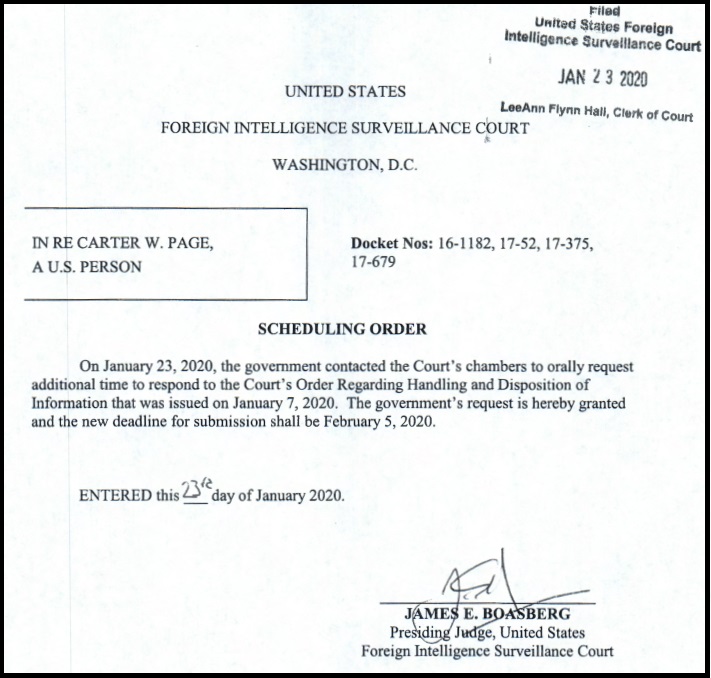
fisc.uscourts.gov/public-filings…
cc: @Techno_Fog ,@almostjingo , @JohnWHuber , @ProfMJCleveland , @LeeSmithDC , @themarketswork , @DevinNunes , @KerriKupecDOJ

mentions 2) Related to the DOJ admissions released Thursday by the FISC about the invalid nature of the FISA applications dated: April 7, 2017 (second renewal - 85 days from prior renewal); and June 29, 2017 (third renewal - 83 days from prior renewal). pg #1
fisc.uscourts.gov/public-filings…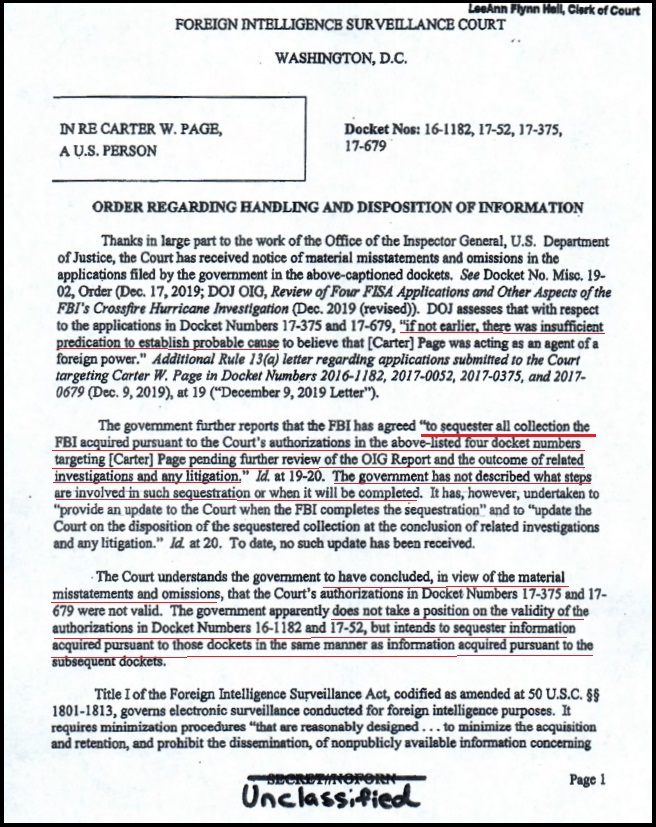
fisc.uscourts.gov/public-filings…

mentions 4) The FISC has given the DOJ/FBI an additional week to respond. Jan 28th deadline now moved to Feb 5th.
But there's a bigger issue, no-one seems to be catching.
But there's a bigger issue, no-one seems to be catching.
mentions 6) The OIG investigation, which led to the FISC notification, was based partly on Clinesmith "misstatement" (falsification) and partly on material "omissions" of exculpatory information to include wrongful use of the Steele Dossier after FBI knew claims therein were inaccurate.
mentions 7) The Steele Dossier was the framework for the FISA's validity. As testified, without the Dossier the FISA application(s) could not pass muster.
mentions 8) Which begs the question: When did the FBI know the Steele Dossier was sufficiently inaccurate?...
... Such that the FBI knowledge should have led to a retraction of the document as valid for the purpose of future FISA applications.
... Such that the FBI knowledge should have led to a retraction of the document as valid for the purpose of future FISA applications.
mentions 11) So the key admission is that all of the investigative interests, all stakeholders, knew the material claims within the dossier were invalid in/around January... and definitely, unquestionably, by the time the second renewal came around on April 7th, 2017.
mentions 13) Which brings me to the key question about DAG Rod Rosenstein and his authorizing scope memos.
Did any of these scope memos authorize Robert Mueller to investigate the claims in the Steele Dossier?
May 17th, 2017
August 2nd, 2017
October 20th, 2017
Did any of these scope memos authorize Robert Mueller to investigate the claims in the Steele Dossier?
May 17th, 2017
August 2nd, 2017
October 20th, 2017
mentions 14) The reason for the question is simple:
Why would Rosenstein authorize Mueller to investigate claims in May/Aug/Oct, about information in a dossier the FBI already investigated (before April) and deemed unreliable?
Why would Rosenstein authorize Mueller to investigate claims in May/Aug/Oct, about information in a dossier the FBI already investigated (before April) and deemed unreliable?
mentions 15) You might say, well... he probably didn't.
However, the Mueller report Pages #11 and #12 specifically says that he *did*.
justice.gov/storage/report…
However, the Mueller report Pages #11 and #12 specifically says that he *did*.
justice.gov/storage/report…
mentions 17) The August 2nd, 2017, scope memo, authorizes Robert Mueller to investigate claims only found in the Christopher Steele Dossier.
That's a full five months after the FISA application's use of the dossier that the current DOJ is claiming was invalid in April.
That's a full five months after the FISA application's use of the dossier that the current DOJ is claiming was invalid in April.
mentions 21) So my question remains: If the FBI investigated the Dossier in January and March, 2017, concluding (per the OIG report) the information therein was unreliable, then why was DAG Rosenstein authorizing Mueller to investigate it?
/END
/END



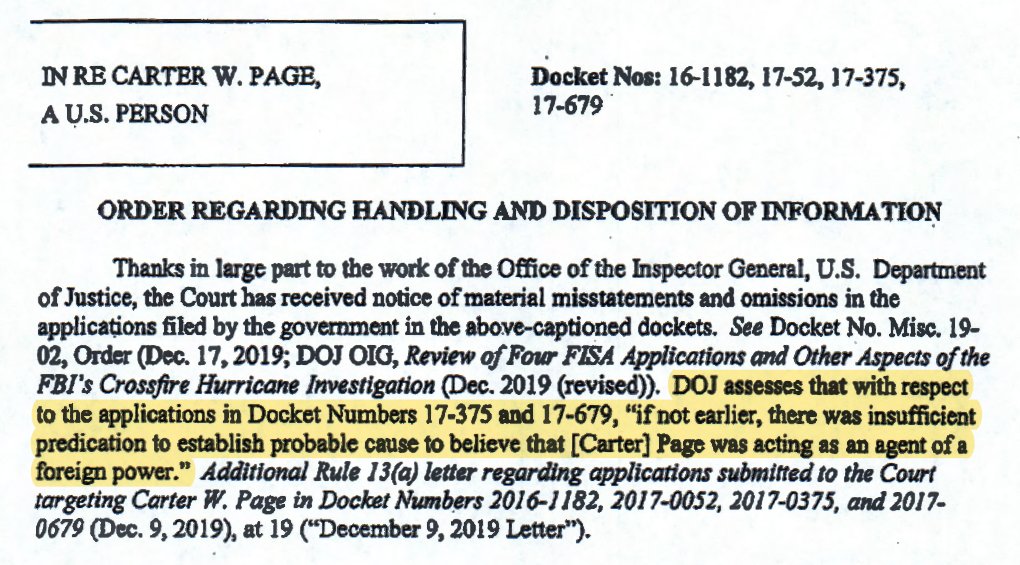
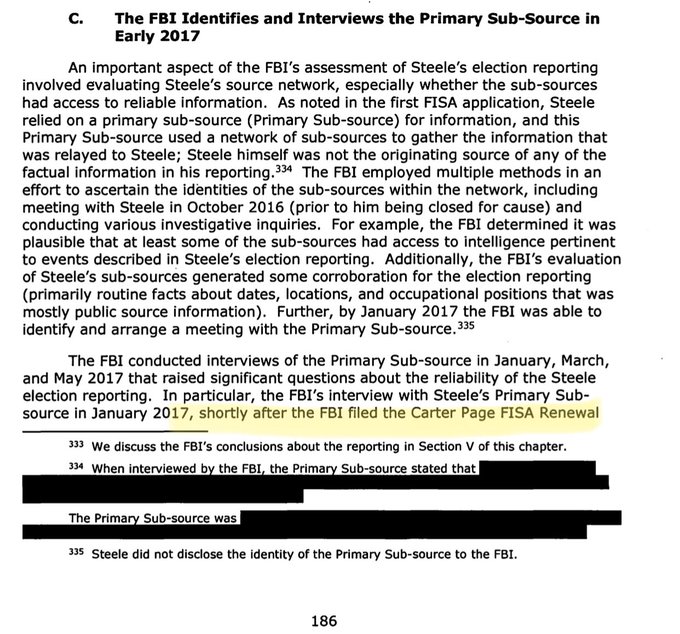
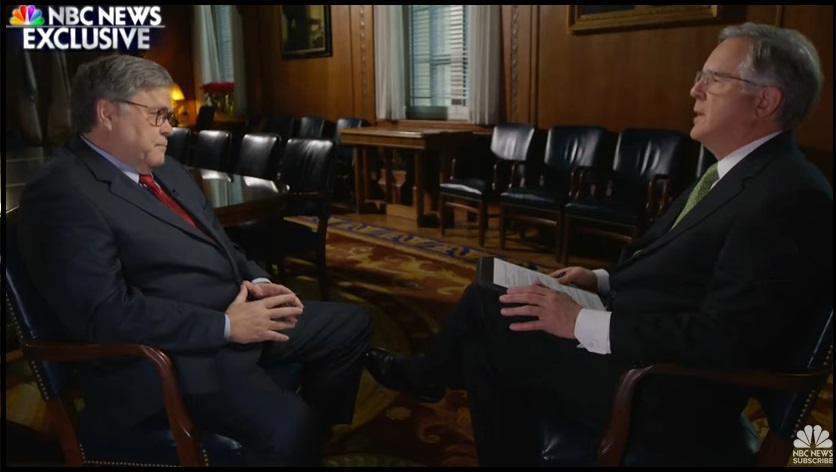
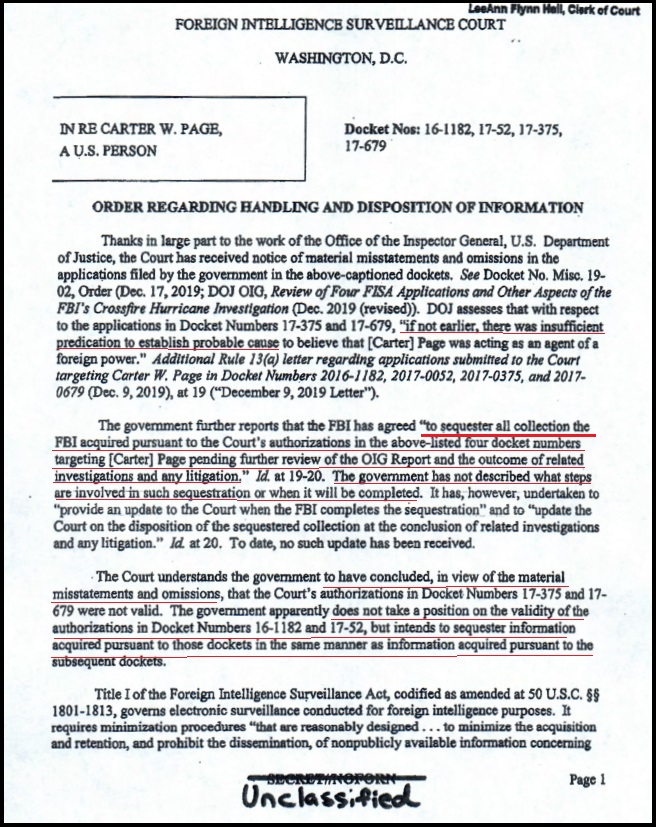
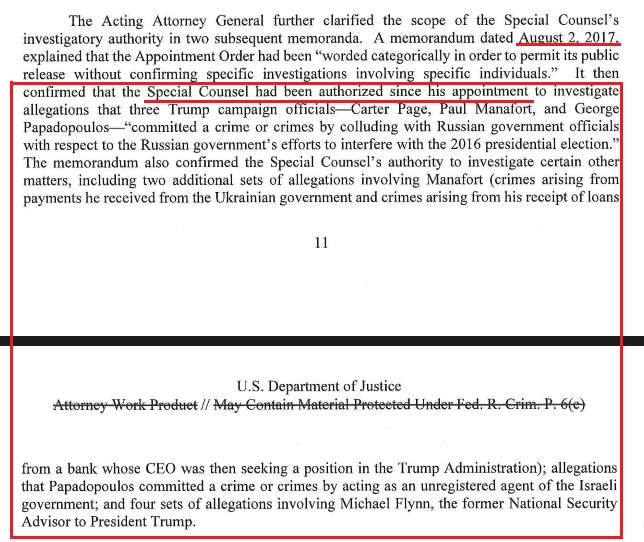
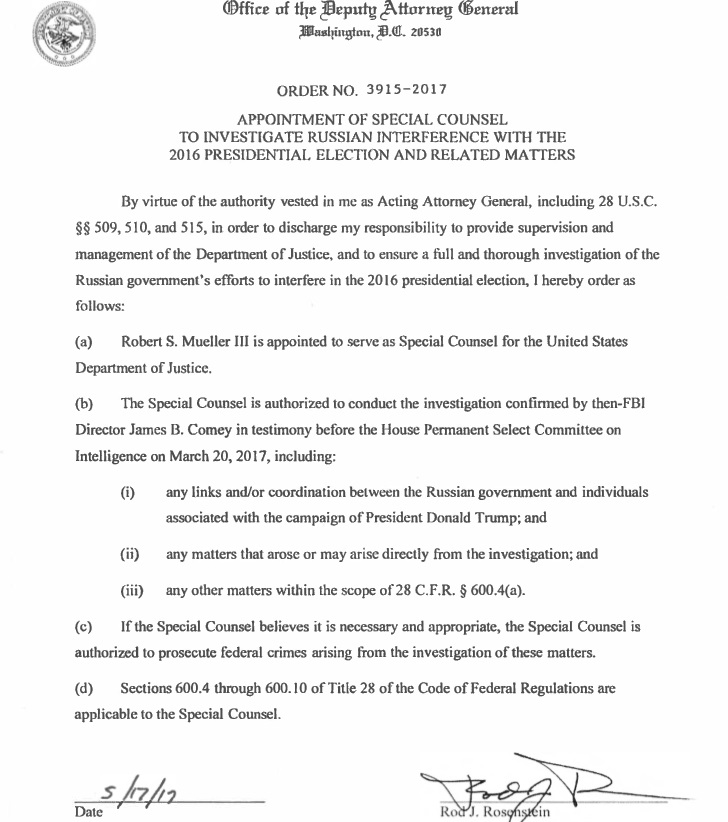
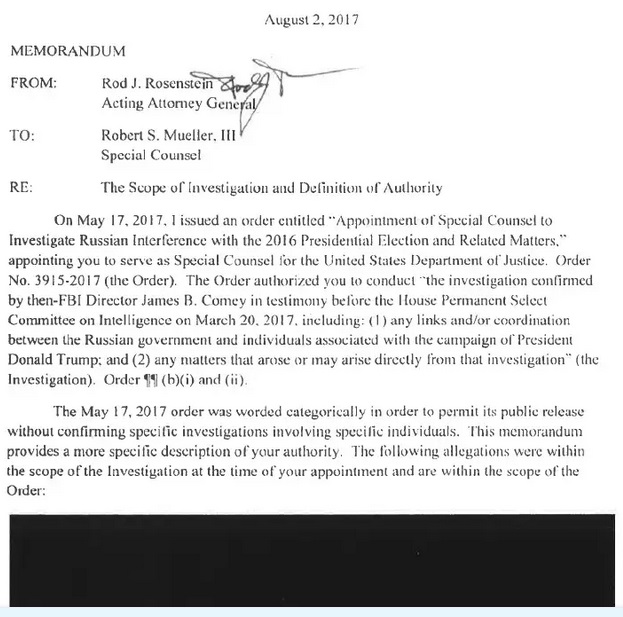
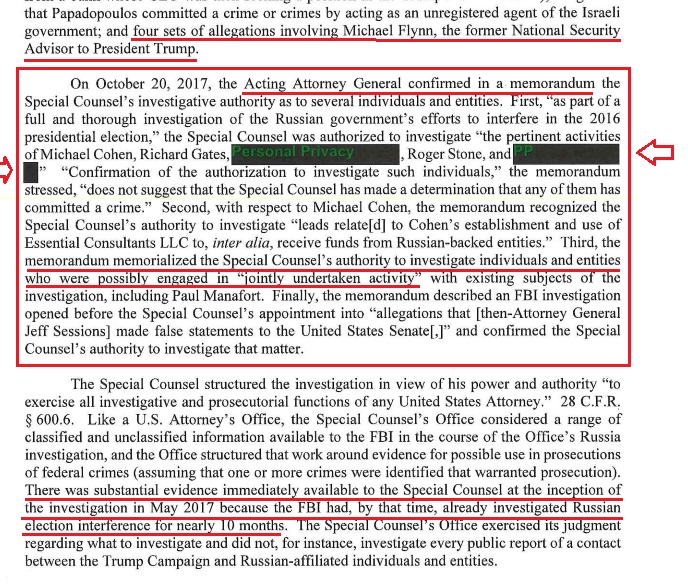



Post a Comment